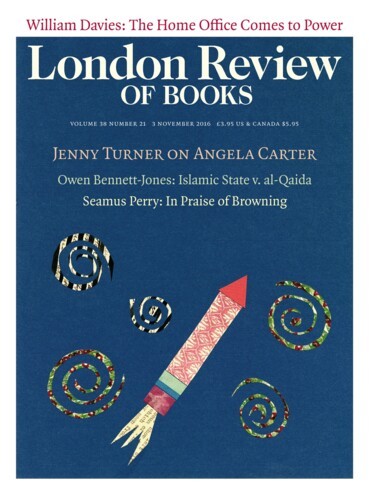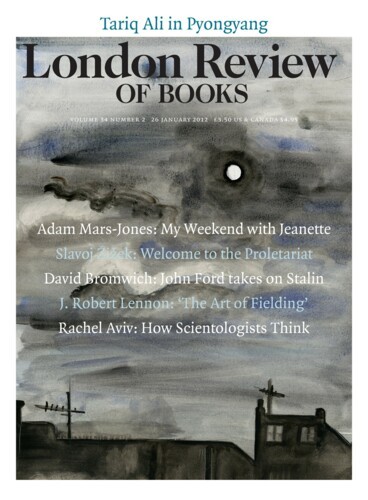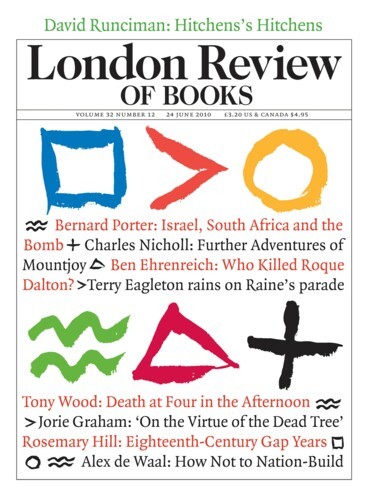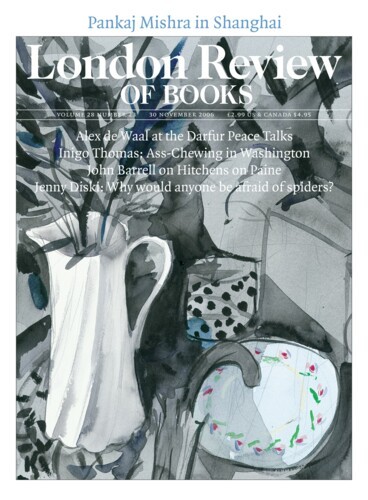The Big Man: The Rwandan Genocide
Alex de Waal, 3 November 2016
Did the Rwanda genocide happen because a few army officers and politicians, squabbling over whom they should appoint as leader, casually used mass murder as a means of obtaining a temporary consensus? The idea that the largest mass murder of the last 25 years came about through banal politicking is perhaps even more disturbing than the notion that it was the enactment of a grand...





